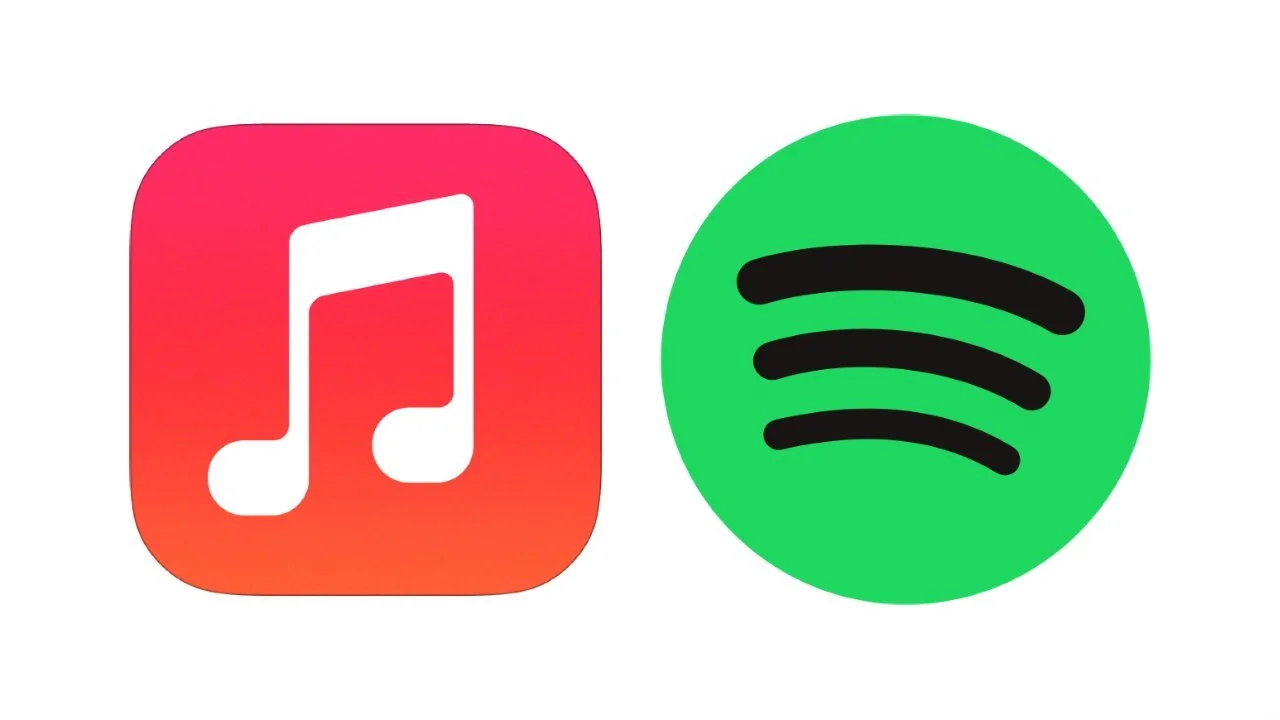Apple Music has just dropped a feature that fans have begged for since the dawn of the streaming wars: playlist portability. Users in the US, UK, Brazil, Canada, France, Germany, and Mexico can now transfer playlists directly from rivals like Spotify. On the surface, it’s a simple quality-of-life update - but culturally, the timing is loaded. Apple is making this move as Spotify faces a very public artist exodus, triggered not by streaming economics this time, but by ethics. Indie heavyweights like Godspeed You! Black Emperor, King Gizzard, Xiu Xiu and Deerhoof have all walked away, citing Spotify CEO Daniel Ek’s ties to Helsing, an AI-driven defence company.
📊 Supporting Stats
Spotify still dominates global streaming with a 31.7% market share (MIDiA, 2025), but Apple Music has been quietly growing, sitting at 17.2% and strengthening its position in high-value Western markets.
Playlist culture is a driver of stickiness: according to Luminate, 54% of US listeners say their playlists shape their discovery habits. Until now, friction in moving between platforms kept people locked into Spotify.
Artist-led discontent isn’t niche: a 2024 survey by the Union of Musicians and Allied Workers found 82% of independent musicians believe Spotify underpays artists, a perception Apple can exploit.
🧠 Decision: Does It Work?
Yes - strategically, Apple’s move is sharp. Playlist portability lowers the psychological switching cost for listeners who may be fed up with Spotify but anchored by years of curated music. By rolling this out during Spotify’s ethical crisis, Apple positions itself as the natural refuge. However, there’s nuance: Apple hasn’t solved the underlying royalty issues either. The brand is benefiting more from timing and optics than from moral high ground.
📌 Key Takeouts
What happened: Apple Music launched playlist transfer functionality, coinciding with artist departures from Spotify over CEO Daniel Ek’s defence-tech investments.
What worked: Reduced friction for user migration, timely cultural positioning, strengthened perception as the “artist-friendly” alternative.
What didn’t: Apple still faces scrutiny on royalties - this isn’t a true ethical solution, more of a competitive convenience play.
Signals: Streaming competition is shifting from catalogue size to user experience and cultural values. Ethical alignment is now part of platform choice.
Brand takeaway: Reducing switching friction at the right cultural moment is a brand power move - especially when your rival is in reputational freefall.
🔮 What We Can Expect Next
If Apple sees a bump in conversions, expect more aggressive moves - maybe exclusive artist partnerships framed around “values” rather than just money. Spotify, meanwhile, risks a wider backlash if more artists join the protest. The portability play could spark a wave of “platform hopping” among listeners, much like gaming once shifted when cross-platform saved games became possible. For brands, the lesson is clear: cultural alignment is no longer optional - it’s a competitive differentiator.
